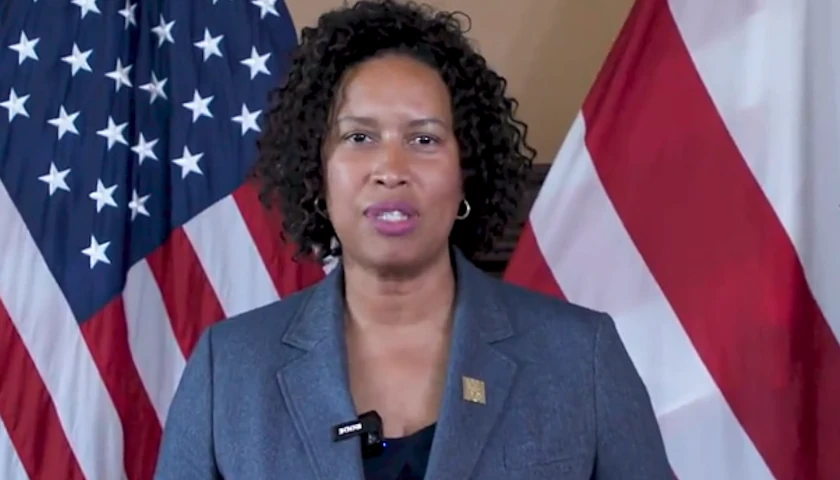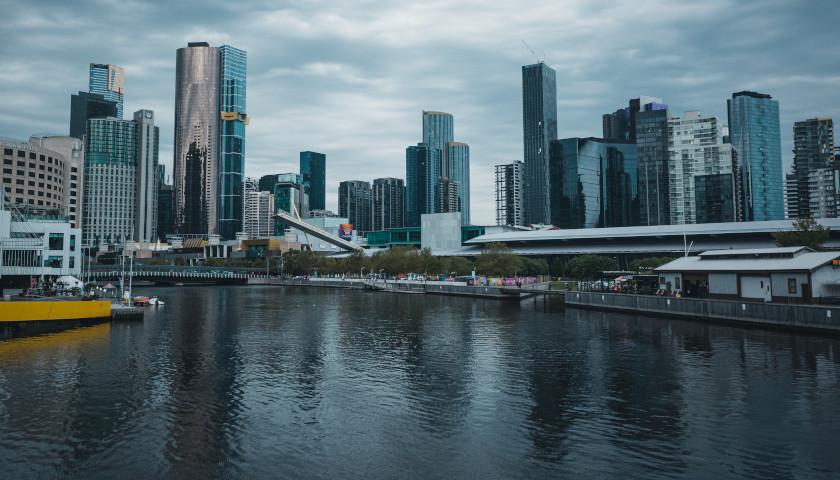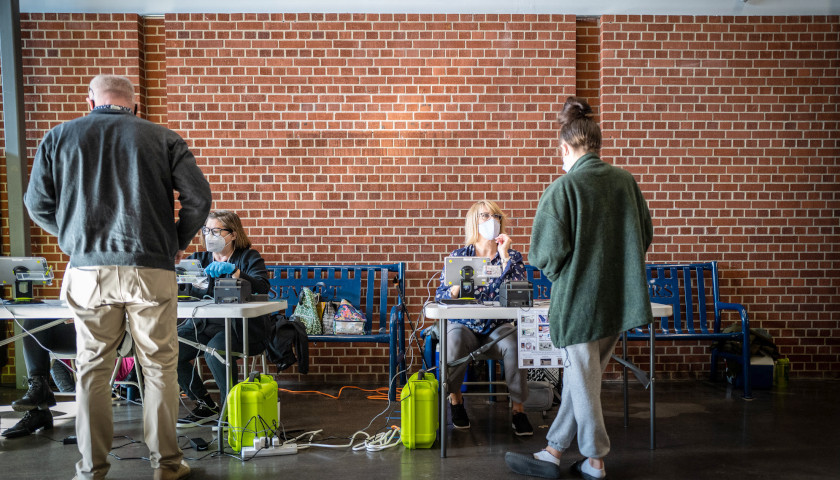by Bruce Walker
The city of Detroit announced the inauguration of its new Office of Arts, Culture and Entrepreneurship (ACE) with former Detroit Free Press columnist Rochelle Riley as its director (pictured above).
Riley and Detroit Mayor Mike Duggan officially declared the new joint public-private government initiative at a Thursday press event.
Funding for the program is two-fold. Staff and office space will be paid from the city’s General Fund account. Other funding will derive from tax-deductible donations to the newly established City of Detroit Arts Fund.
The ACE website states the office will focus on three main areas:
- Space – Establishing Neighborhood Art Houses for artists and residents;
- Training – Offering skills and job training, and assisting artists in the marketing of their work; and
- Promotion – Market Detroit as a destination for artists from elsewhere as well as artists already living and creating in the Motor City.
“The city’s new office of arts and culture is not being invented to recreate the wheel,” Riley said in a video on the ACE website. We are here to grease the wheel, to support and promote startups and our emerging new artistry.”
“Our staff budget will come from the city’s General Fund, but the Arts Fund will accept donations large and small from individuals, corporations, foundations and businesses because when we celebrate our world-class talent, we celebrate the city where they excel,” according to Riley on the ACE website.
“It’s good to see the city of Detroit recognizing the importance of entrepreneurship,” The Center for Economic Accountability President John Mozena told The Center Square. “If you want to know how strong a city’s economy will be in the future, one of the most important statistics to look at is how many new businesses are being by formed by entrepreneurs.
“If Detroit truly wanted to promote entrepreneurship, it would be better off focusing on removing existing barriers rather than creating a new bureaucracy,” Mozena added. “If you talk to anyone who has started a business in Detroit, the common refrain is how difficult and painful it is to interact with the city government.”
Mozena continued: “There’s a reason that big, politically connected corporations and real-estate developers ask for and receive tax incentives and special treatment from city inspectors and other arms of Detroit bureaucracy while small businesses and startups struggle to survive.”
While Mozena identified what he described as inconsistent enforcement of Detroit government’s business and taxation policies, Charlie LeDuff, noted New York Times and Detroit News journalist, Detroit native and author of the bestselling “Detroit: An American Autopsy,” characterized ACE as “more of the same” in a phone interview with The Center Square.
“All of the money that’s been poured into Detroit through the years has gone to benefit billionaires who bring their headquarters downtown, but not one dime has gone to build a new bridge or a new park to benefit longtime Detroiters,” LeDuff said.
“What about the $600 million Detroit homeowners were forced to overpay in property taxes?” he asked.
Leon Drolet, a Macomb County commissioner and frequent commenter on Michigan arts funding issues, told The Center Square that Detroit isn’t suffering from a lack of art or art venues.
“Detroit still needs to get its fundamentals right,” Drolet said.
“Instead, Detroit is choosing to subsidize an art industry that is already doing really well,” he said. “Diverting taxpayer dollars from firefighters, police, and water infrastructure, schools to support another layer of art bureaucracy is why Detroit is struggling. It’s a bad allocation of resources,” he said.
Since ACE is a new entity, the City of Detroit’s current budget – from June 2019 to June 2020 – doesn’t include the newly established office or staff salaries as line items. Voicemails and emails sent to Riley, ACE, and the City of Detroit Budget Office were not returned.
– – –
Bruce Walker is a regional editor at The Center Square. He previously worked as editor at the Mackinac Center for Public Policy’s MichiganScience magazine and The Heartland Institute’s InfoTech & Telecom News.






You could put a Picasso in Tiger Stadium and I still would not go near that city.